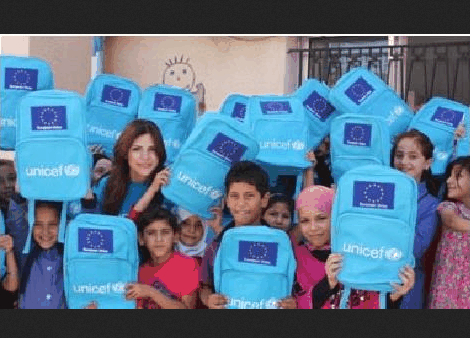Judicial System holds important Role in upholding Children’s Rights and ensuring their Best Interest
The Libyan Higher Judicial Institute (HJI) and UNICEF have launched a comprehensive capacity building programme for judges, prosecutors, and others involved in the judicial system in Libya, with the aim of preparing a solid ground for building a juvenile justice system in Libya. The Higher Judicial Institute has also hosted and led, with UNICEF’s technical support, a 3-day consultation on drafting a Juvenile Justice Law.
A recent UNICEF-supported mapping of Libya’s existing laws and policy frameworks relevant to child protection showed that there are positive elements in Libya's legislations, such as prohibition of death penalty for persons under 18, prohibition of marriage for persons under 20, and prohibition of corporal punishment in school reports indicate that this is still being practiced, however.
However, much work still needs to be done before the Libyan legal system is in line with international standards and provides adequate protection for children and adolescents; particularly a shift towards a rights-based approach would be favorable.
“Children in contact with the law need to be given different treatment than adults all the way from initial contact, detention, and release” said Carel de Rooy, UNICEF Country Director, at the opening of the judges training. “You, as judges, play a critical role in putting in place systems that protect minors, especially girls, so that they are given the special care and attention they deserve” de Rooy added.





